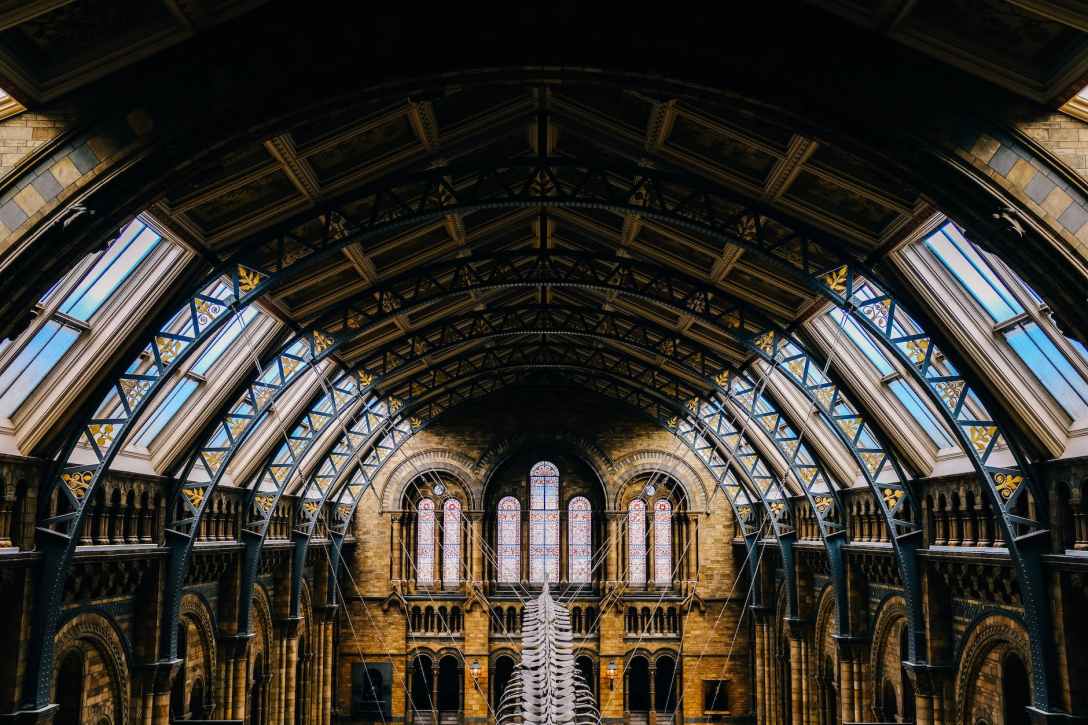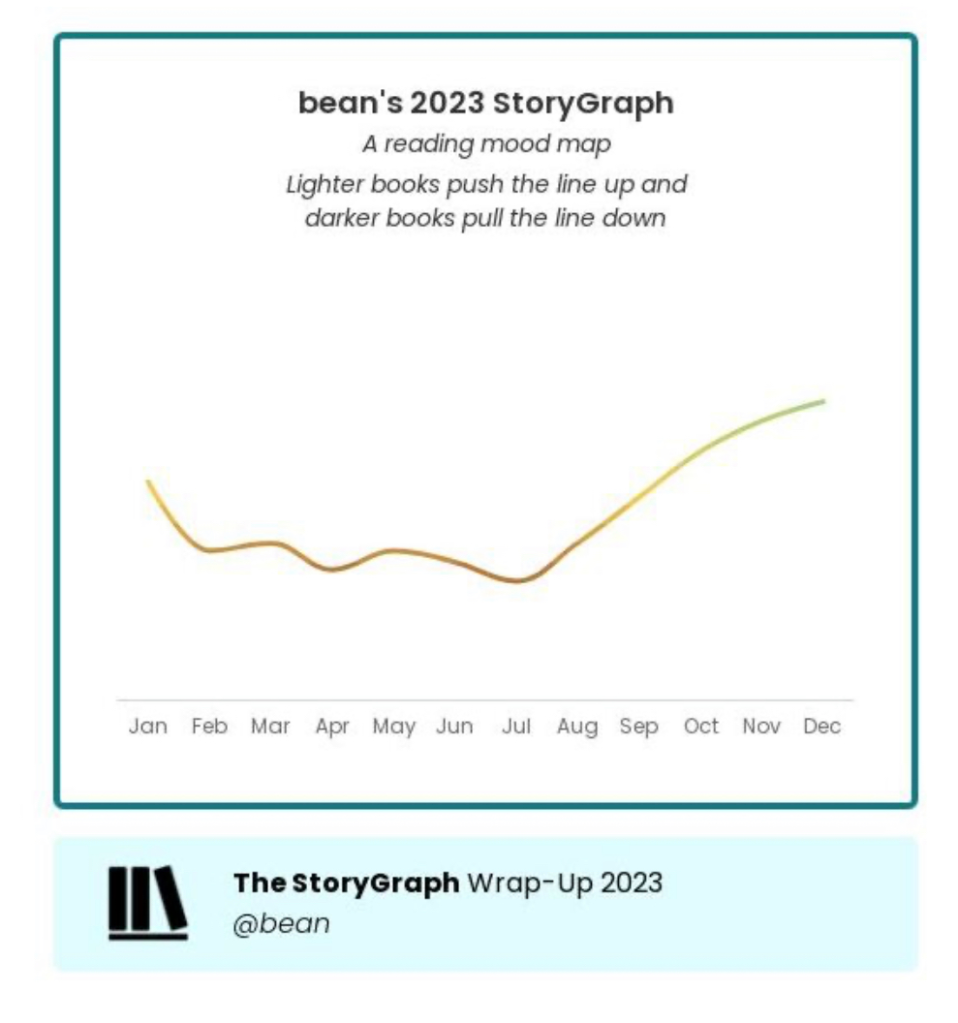Before we get into this review of Seven Faceless Saints by M.K. Lobb, let us take a moment to thank netgalley and Little, Brown for the arc. All quotes have been taken from the advanced reader copy, check with the final published copy.
In war-torn Ombrazia, it’s a death sentence if you’re born without magic. Well, practically speaking. Based off of medieval Italy, the country is carved into guilds and each of the seven crafts has a patron saint. Those descendant from such a saint could be born with some of their ancestor’s magic and are called disciples. Disciples’ ability to craft is highly valued by the economy, so they are favored by society. Everyone else goes off to die in a war fought over trade routes against heretics who seceded for following the disgraced and fallen seventh saint.
Prickily and determined, Roz is a disciple, though she isn’t proud of the role. Righteous in her anger, she does not believe in the saints nor does she the society their worship has constructed. Damian is head of security (a cop), a descendant without a gift, and guilt-ridden after his stint as a soldier at the frontlines. They were in love before he was shipped off, but everything had changed between them by the time he returned. Now, they’re just strangers with history and strangers who have to team up together to solve a series of mysterious murders targeting both the unfavored and the disciples.
I want to make it very clear from the beginning that this is a secular review. I’m not religious. I’m not Christian. I was raised Muslim. The most I know about Christianity is the one week of Vacation Bible Study I led when I was in high school because I needed volunteering credit, the Book of Job analysis I had to do in my high school AP Lit class, and just talking to my Christian friends about their faith. So really, I don’t have a horse in this race.
First and foremost, I had a little bit of fun with the Italian setting. I make fun of Italians mercilessly (mamma mia), but the Italian words thrown in here and there were fun. Developing a guild system as a political basis was also a good idea, but I wish the execution had been better.
The prose is very passive. It almost comes across as detached, which is a hurdle to overcome when connecting to characters. Many actions are overly wordy and simply described. For example, there are a lot of “the blank was a blank thing” (the glow was a somber thing, the sound was a deafening thing) which is cute once or twice but with the frequency I noticed it only aided in the detached style of writing. Also, it’s a personal ick. The only time the writing feels alive and you actually feel connected to the characters is when the main couple is attracted (see: horny) to each other, which means that was the best part of the book, but it also means that literally everything else falls flat.
The main pair’s relationship is extremely emotionally jarring to get through. And not in the good way. There are moments where the characters will switch from anger to humor to regret to horniness within one page with practically no sinew connecting the thoughts. Complexity of emotion is expected, but there has to be some continuous layering or transitions between them, or I’m just going to get whiplash. There are chapters of emotional buildup and when the characters finally standoff, there is an uncalled for casual air to the entire conversation. There are chapters ended on extremely emotionally intense dialogue, and when the POV switches into the same scene, the same character will deliver another line of dialogue on the complete opposite side of the emotional spectrum and I don’t know how they traversed that entire gap. The emotions of the chapters contrasted, but the author refused to elaborate on how the character could say something so charged before changing her tune, only why she changed her tune.
So, we have a roller coaster of unconnected emotions making it difficult to connect to the characters. Especially Roz. I do enjoy the hardened female character, but she came off as entirely one note to me. Personally, I think it’s because the author did not allow her to be wrong about anything. She let her desire for revenge and anger get the better of her from time to time, but it was clear throughout every discussion in the book that we were meant to side with Roz. She had very little to learn or understand about other characters, practically nothing outside of a romantic context. It was a boring viewpoint to be in, and it sapped the intrigue out of what could otherwise be compelling dialogues.
I liked Damian but that’s just because the pathetically obsessed man is one of the archetypes I am most fond of. Call it the Raoul de Chagny print. Men who are complete losers >>>. But the way this man was written frustrated me to no end, because MK Lobb could’ve made his arc great but then just… didn’t.
Disinterested prose and disjointed writing aside, the biggest problem with this book is how the author approaches religion. Seven Faceless Saints desperately wanted to be a commentary on religion, or at least religious systems. It wanted to have Damian have a fall from faith arc. But it could do neither of those things, because the book did not care to introspect on what could inspire people to religion or give them comfort. It did not develop a political system built around the ideals of a religion, even though it said it did. And no dialogue on religion was a true dialogue, because it was always, always cut short. Three times the dialogue is interrupted or written off because… the author did not want to write the other side? I’m at a loss.
If Lobb had chosen to take the saints out of the equation entirely, the worldbuilding would be the same. People with more magic are more useful, so they are favored by society. The disgraced society is fighting its war over trade routes. Lobb calls them heretics, but they’re not fighting for a holy cause, they’re fighting because their kingdom is dying. Why is it called a Second War of Saints? When Roz and Damian initially learn that they do not have powers, their first thought is toward Damian’s inevitable enlistment. It’s extremely pragmatic, extremely practical, and does not revolve around the ideas of any sort of higher power.
Damian’s grappling with his faith is embarrassing to read. One of the first times Roz calls his faith lazy, his internal monologue basically throws in the towel, saying, “He couldn’t do this with her. The saints were his understanding of the world, and he wasn’t interested in hearing anyone tell him otherwise. It was how he’d been raised.” It was such a cartoonish depiction of what an atheist would think a religious person believes, I couldn’t believe it. He might have well looked into the camera and said “I’m brainwashed.” And as he begins to doubt his faith, he does it on the basis that “not all the stories are true” or “if the saints aren’t alive and aren’t hearing my prayers then I’ll look stupid for believing them”. Which… is a choice.
This is all exasperated by the fact that you only ever hear 1.5 religious stories and none of their specific beliefs, so instead of having an actual religion to critique, we’re left with the vague shadow of Christianity or Catholicism since that’s the clear inspiration (see: Italian Saints). One of the stories shared is this world’s version of Genesis. Roz flippantly comments that she does not believe that it is real, that the saints existed but did not carve out the world, and Damian has to antagonize with that possibility. Once again, it is embarrassingly flat. Like a child learning that Santa isn’t real. But while adults know that Santa isn’t real, they still in believe the spirit of Santa, the joy he inspires, and the importance of keeping that alive. Belief and faith, and all these things are not dipoles, they’re a complicated gradient.
While it is certainly true that some Christians believe in Genesis verbatim, many understand that many bible stories exist to be metaphor. If religious stories weren’t open to interpretation, then there wouldn’t be a billion denominations. The bible has been studied and questioned for thousands of years, with scholars dedicating their lives to questioning what it means. Regularly, Roz comments on how people who are religious simply accept things without question and how much it annoys her. It’s incredibly close-minded and ignorant, and I’d almost think that she was set up to be wrong except for the fact that the narrative backs her up. When Damian starts to question his faith (oh no the stories aren’t 100% factually correct), it crumbles near instantly.
There are no central religious morals the citizens seem to follow. There are seven guilds, do any of their interpretation of the stories differ? Are there cultural differences between the guilds due to their different beliefs? If there are differences between the guilds, are some looked down upon by others? Do the different saints stress different morals that people who follow them feel compelled to? The unfavored citizens seem not to follow a guild, but do they still worship the saints? These may seem like extraneous questions, but they’re questions you need to answer if you want to make a commentary on religion. It’s hard to critique how a set of ideals can be corrupted and enforced on people when you don’t have a set of ideals. You can’t have saints without sinners, and Lobb never bothered to write sin. There’s a source of evil, in a classical fantasy sort of way, but there is no belief of mortal sin. And it could’ve made the book so much better.
Damian is defined by his guilt. There is a lot he regrets. Yet, he never prays for forgiveness. There’s a big difference between “if the saints don’t exist, I’ll have dedicated my life to nothing” and “if the saints don’t exist, then who can forgive me for what I’ve done?”. The possible drama. The angst. The yearning. The lack of it drove me insane. It could’ve been so good.
Instead, we just got empty appeals to his patron saint, asking him for guidance and asking what he did wrong to not be blessed with a gift. A plea that rings hollow because we don’t know what his saint’s morals are. How did Damian dedicate his entire life to a code of conduct that his saint set up? Is he mad at himself for being imperfect, for breaking it, or is he mad that he forwent his own sense of right and wrong to follow it and it still resulted in nothing?
Damian’s saint is Strength, but the narrative regularly brings up how he’s too soft, a sense of disappointment from his father. Which, wasn’t lost on me, but we could’ve turned up the volume. Just imagine the drama if his father was a stoic follower of Strength, and believing in following the callous will of Strength before any other saint. Damian, on the other hand, could believe in the important of balance, and feels that all saints have important teachings that they must consider. Or even, maybe Damian’s fall from faith would be the fact that he couldn’t dedicate his life to a cruel saint that made his father cruel. There would be an ideological rift between them, one that we never get to know because we don’t even know what Strength’s code of conduct is. We don’t know what descendants of Strength are supposed to believe. If it was mentioned in the book, it must’ve been a throwaway line. But, I must’ve been sleepwalking through this book then, because shouldn’t the religious beliefs of these people be baked into every other line?
Near the end, the narrative does dip its toes within the actual dangers of belief and religion, but it’s more of a commentary on extremism than it is on any sort of organized system. I’m just… very disappointed. I watched Midnight Mass two weeks before reading this book, and maybe if I hadn’t watched that near-flawless, gripping, commentary on religion, then maybe I’d be kinder. But no, I’ve seen how it’s possible to show the dangers of religion while showing empathy to the people who believe. It also just makes for a better story. Dressing your book in religious imagery does little to actual imbue it with the inherent drama and stakes that actual religious belief bestows. Hell, even Book of Mormon, as flawed and blasphemous and problematic as it is, is a more nuanced take on belief than this is.
The commentary on cops is a little sus in places, but I ultimately think it checks out. I think. There’s so much telling in this novel, I don’t know why the author would feel the need to tell us that there are good people in the police force and that Damian tried to get rid of the bad apples (as if this is something to be applauded), but leave the bits about the system getting rid of good, merciful people (because it’s inconducive to their goals) up to critical interpretation. The worldbuilding as a whole needed to be bolstered to make these kinds of commentaries.
I don’t think I’ll be picking up the sequel. Frankly, I can’t see any continuation of the story that would interest me based on where the characters left off. There is more teased, but I just don’t care about this world and I certainly don’t care about the characters that much. I did quite enjoy the climax of the novel, and found myself gripped by the scene. It is emotionally satisfying, but beyond it could not make me care. The plot itself is whatever, I didn’t find it clever, but it wasn’t a bad mystery. Perfectly serviceable. The pacing didn’t drag, though I did find myself growing annoyed with the mismatch of emotions and lack of worldbuilding after the 40% mark. Before that point, I had high hopes for this book. It had slayage potential. Unfortunately, it did not slay.





